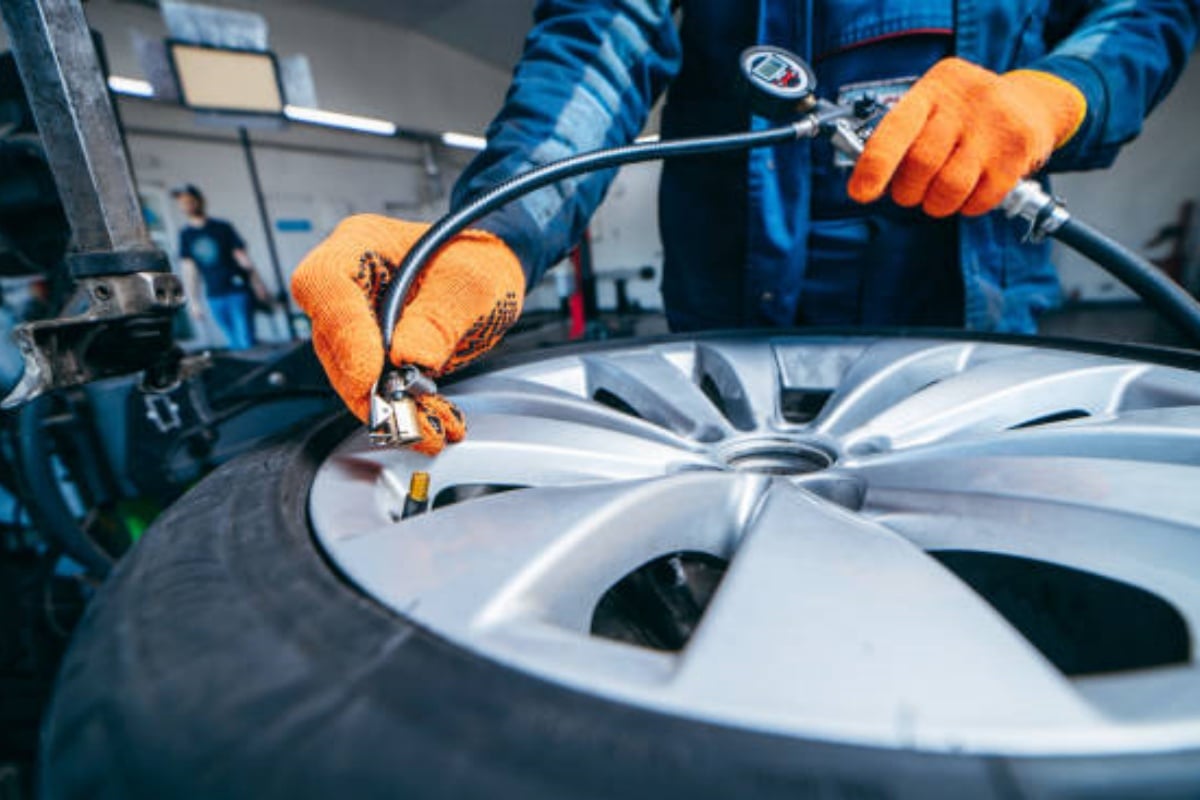What Does an Air Compressor Do in a Car?
The Basics of an Air Compressor
An air compressor is a vital component found in most cars today. It is responsible for pressurizing and distributing air to various systems within the vehicle. The air compressor in a car works similarly to those used in other applications, such as industrial machinery and tools. However, its specific role in a car is unique and essential for proper functioning.
Tire Inflation
One of the primary functions of an air compressor in a car is to inflate the tires. Properly inflated tires are crucial for safe and efficient driving. The air compressor supplies compressed air to the tires, allowing them to maintain the recommended tire pressure. This not only enhances vehicle performance but also improves fuel efficiency and extends tire lifespan.
Air Suspension
In some high-end cars, air compressors are used to power air suspension systems. These systems provide a smoother ride by adjusting the height and firmness of the suspension based on road conditions and driving preferences. The air compressor supplies the necessary air pressure to the air springs, allowing for quick and precise adjustment.
Brake System
The air compressor also plays a critical role in the car's brake system, particularly in vehicles equipped with air brakes. Air brakes are commonly found in larger vehicles like trucks and buses. The air compressor generates compressed air that is stored in a reservoir. This air pressure is then used to activate the brake system, providing the necessary force to stop the vehicle efficiently.
Air Conditioning
The air conditioning system in a car relies on an air compressor to function effectively. The compressor pressurizes and circulates refrigerant throughout the system, allowing it to absorb and release heat, resulting in cool air being blown into the cabin. Without the air compressor, the air conditioning system would not be able to cool the interior of the car.
Powering Pneumatic Tools
In addition to its role within the car itself, the air compressor can also be utilized to power various pneumatic tools. These tools, such as impact wrenches and air ratchets, require a constant supply of compressed air to operate. By connecting the tools to the car's air compressor, they can be used for tasks such as changing tires or performing maintenance on the vehicle.
Car Horn
Believe it or not, the car horn is often powered by the air compressor. When you press the horn button on the steering wheel, it triggers a valve that releases compressed air from the air compressor. This rush of air creates the sound we associate with a car horn, alerting others on the road and serving as a safety feature.
Suspension Leveling
In some luxury cars and SUVs, air compressors are used for suspension leveling. These vehicles have the ability to adjust the ride height, ensuring a comfortable and stable driving experience. The air compressor supplies air to air springs or air shocks, which can be adjusted to compensate for uneven loads or road conditions.
Airbag System
Modern cars are equipped with airbag systems for enhanced safety in the event of a collision. These airbag systems rely on air compressors to quickly inflate the airbags upon impact. The compressed air is released from the air compressor and fills the airbags, providing cushioning and protection for the occupants.
Engine Performance
Lastly, the air compressor indirectly affects the car's engine performance. In vehicles with turbochargers or superchargers, the air compressor is responsible for compressing the air that is forced into the engine. This compressed air allows for more efficient combustion, resulting in increased power and performance.


